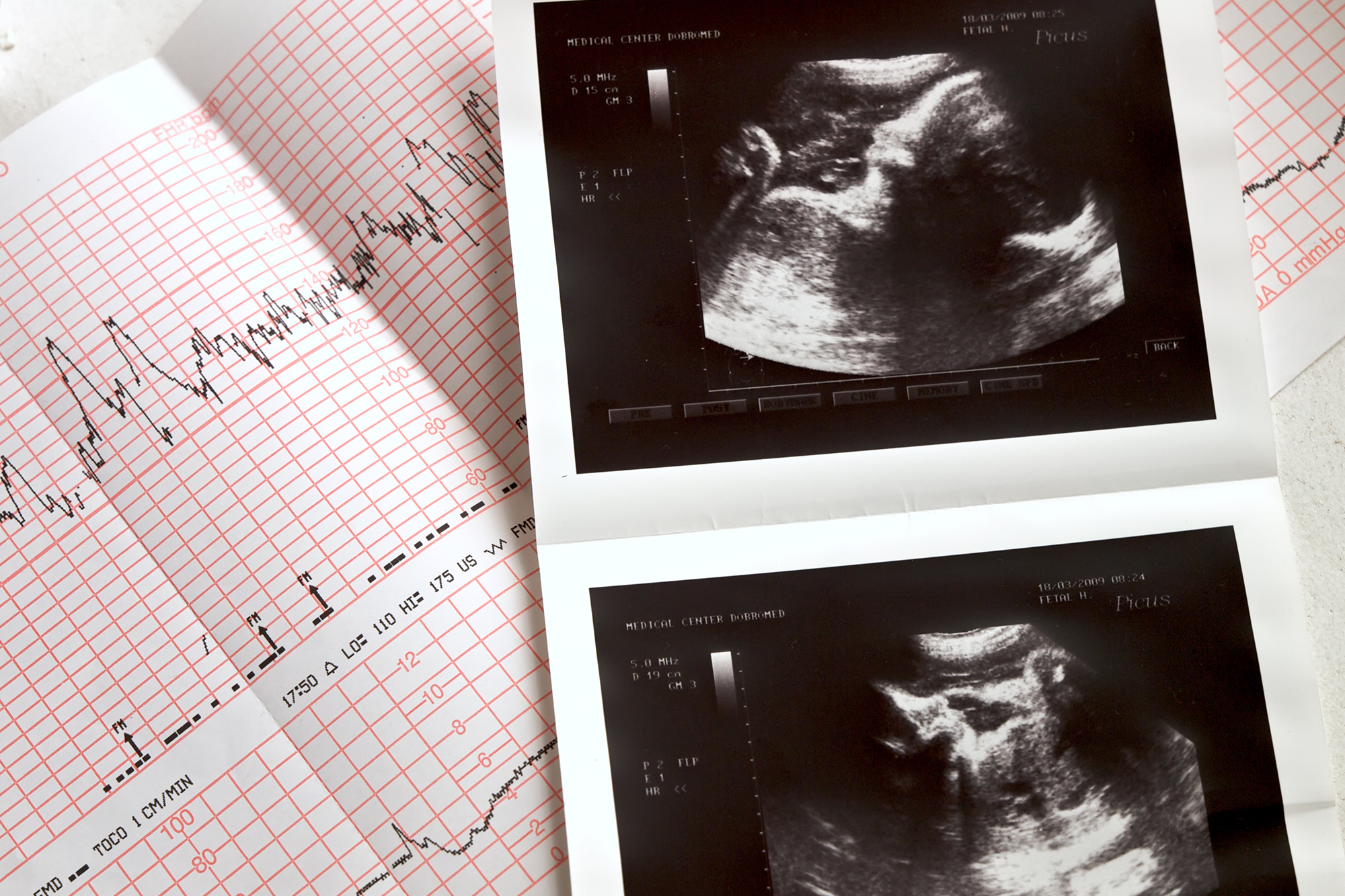
WASHINGTON (BP) — The Iowa legislature has approved a bill that would become the earliest abortion ban in the United States if it becomes law and withstands an inevitable legal challenge.
 The legislation would bar an abortion when a fetal heartbeat is detected — which can occur as soon as six weeks into pregnancy. A woman can be unaware she is pregnant at that point.
The legislation would bar an abortion when a fetal heartbeat is detected — which can occur as soon as six weeks into pregnancy. A woman can be unaware she is pregnant at that point.
The Iowa House of Representatives passed the measure in a 51-46 vote late May 1, and the Senate approved the House-endorsed bill 29-17 early May 2.
Gov. Kim Reynolds, a Republican who is pro-life, has not announced whether she will sign the legislation.
If the ban is enacted, it is unlikely to survive a lawsuit in the federal court system based on previous rulings. In 2016, the U.S. Supreme Court permitted lower court opinions blocking fetal heartbeat bans in North Dakota and Arkansas to remain in effect. The North Dakota law would have prohibited abortions as early as six weeks into pregnancy, but the Arkansas measure would not have barred the lethal procedures before 12 weeks.
At least some supporters of the ban welcome a legal challenge with the hope courts increasingly populated with judges and justices nominated by President Trump would uphold such abortion restrictions, The Des Moines (Iowa) Register reported. “This law, if signed, I believe could very well be the very bill that overturns Roe v. Wade,” Republican Sen. Jake Chapman said, according to The Register.
Roe v. Wade is the Supreme Court’s 1973 decision that struck down state restrictions on abortion. Roe and Doe v. Bolton, a companion ruling issued at the same time, legalized abortion for effectively any reason throughout pregnancy. Later high court opinions, especially in a 1992 case, upheld some state restrictions on abortion, and states have passed a variety of successful regulations since those rulings.
Fetal heartbeat proposals like the new Iowa bill have not been promoted by all organizations in the pro-life movement.
In a statement to Baptist Press, the National Right to Life Committee (NRLC) said the organization and its affiliates “do not oppose any pro-life legislation that seeks to advance legal protection for unborn children,” but its energies “in the legislative arena have been concentrated on passage of bills like the Pain-Capable Unborn Child Protection Act and the Dismemberment Abortion Ban Act.”
Sixteen states have enacted pain-capable laws prohibiting abortions at 20 weeks after fertilization based on evidence unborn children can feel pain at that point, and only one has been struck down in court, according to NRLC. Nine states have laws banning abortions in which unborn babies are torn apart, but only two are in effect as a result of court rulings, NRLC reported.
An Ohio heartbeat measure that would have barred abortions as early as six weeks caused a division among the state’s pro-lifers. Republican Gov. John Kasich vetoed a fetal heartbeat bill in late 2016 after the Supreme Court had allowed lower rulings against the North Dakota and Arkansas laws to stand. At the same time, he signed into law a 20-week, pain-capable ban.
At the time, Kasich said he believes signing into law a heartbeat ban would be unwise strategically. Some sections of the heartbeat proposal “are clearly contrary to the Supreme Court of the United States’ current rulings on abortion,” he said.
The Iowa ban permits exceptions for a threat to the life of the mother, pregnancy by rape or incest, and fetal abnormality that is “incompatible with life.”
Rep. Steve King, R-Iowa, has introduced the Heartbeat Protection Act, a similar proposal, in the U.S. House of Representatives. No action has been taken on it.
















